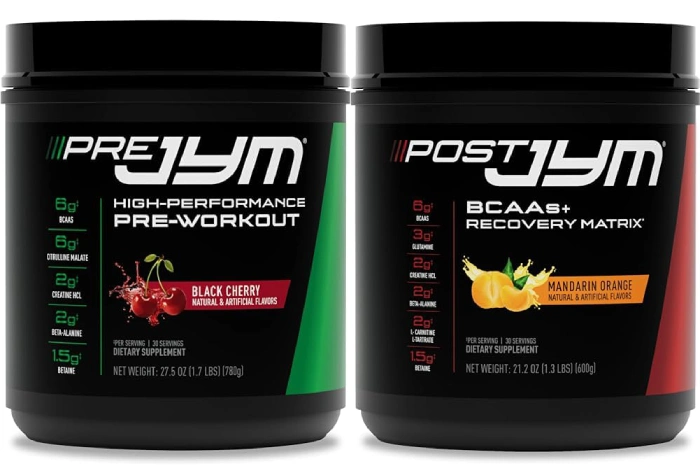The Vitamin Shoppe in Debt
A major player in the health and wellness retail sector finds itself in the spotlight as its parent company grapples with financial difficulties. The Vitamin Shoppe, one of the two dominant supplement retailers alongside GNC, has maintained its position as a go-to destination for high-quality health and nutrition products, despite increasing competition from online marketplaces like Amazon and expanded offerings from big-box retailers such as Walmart.
This week, Franchise Group, the owner of The Vitamin Shoppe, initiated Chapter 11 bankruptcy proceedings, citing a debt burden approaching $2 billion and financial challenges stemming from leadership issues and reduced consumer spending. This action follows unsuccessful attempts to alleviate debt through asset divestiture, complicated by allegations of fraud against former CEO Brian Kahn.
Despite these hurdles, The Vitamin Shoppe and other Franchise Group brands are expected to continue their operations throughout the restructuring process. The bankruptcy strategy incorporates a $250 million financing arrangement with primary lenders, allowing Franchise Group to sustain key operations, including The Vitamin Shoppe and Pet Supplies Plus.
Headquartered in Secaucus, New Jersey, The Vitamin Shoppe manages approximately 700 retail locations and houses several successful proprietary brands, with ongoing expansion of its product lines. As part of its restructuring efforts, Franchise Group plans to shutter its discount furniture chain, American Freight, to concentrate resources on better-performing brands as it navigates the current financial landscape.
Commentary by YourDailyFit columnist Alice Winters:

The recent bankruptcy filing by Franchise Group, parent company of The Vitamin Shoppe, serves as a stark reminder of the volatile nature of the retail supplement industry and the broader economic challenges facing many businesses today. This development warrants a deeper analysis of its implications for consumers, the supplement market, and the future of brick-and-mortar health retailers.
First and foremost, it’s crucial to understand that The Vitamin Shoppe’s operations are expected to continue uninterrupted. This is positive news for consumers who rely on the retailer for their supplement needs. However, the financial strain on the parent company could potentially impact The Vitamin Shoppe’s ability to innovate, expand its product lines, or maintain competitive pricing in the long term.
The bankruptcy filing highlights the increasing pressure faced by traditional retailers in the supplement space. With the rise of e-commerce giants like Amazon and the expansion of supplement offerings in big-box stores, specialty retailers like The Vitamin Shoppe are being forced to adapt or risk obsolescence. This trend underscores the importance of omnichannel strategies and the need for retailers to offer unique value propositions to maintain customer loyalty.
From a market perspective, this development could lead to a consolidation in the supplement retail space. If The Vitamin Shoppe were to falter, it could create a significant gap in the market, potentially leading to reduced competition and fewer choices for consumers. This scenario emphasizes the importance of maintaining a diverse and competitive marketplace to ensure product quality, innovation, and fair pricing.
The situation also raises questions about the sustainability of the current business model for supplement retailers. With increasing overhead costs and shrinking profit margins due to online competition, brick-and-mortar stores may need to reimagine their role in the supplement ecosystem. This could involve a shift towards experiential retail, personalized nutrition consultations, or a greater focus on exclusive, high-quality house brands.
For consumers, while the immediate impact may be minimal, it’s advisable to stay informed about potential changes in product availability, pricing, or store locations. This situation also serves as a reminder of the importance of diversifying one’s supplement sources and not relying solely on a single retailer.
In conclusion, while The Vitamin Shoppe’s immediate future seems secure, this bankruptcy filing signals broader challenges in the supplement retail industry. It underscores the need for adaptation, innovation, and strategic planning in an increasingly competitive and digitally-driven market. As the situation unfolds, it will be crucial for both industry players and consumers to remain vigilant and adaptable to ensure continued access to high-quality health and nutrition products.



